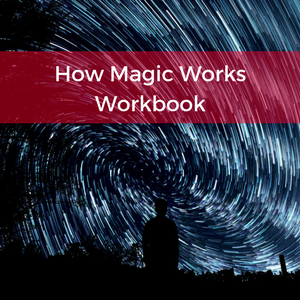Photo by rawpixel.com from Pexels
I was watching a video recently where the person being interviewed made a rather interesting statement. He claimed that statements limit and/or close off probabilities, while questions expand probabilities. I thought about it and found myself agreeing that if you look at how language is used from a probability angle, then yes language can be used to either limit or expand probabilities. Let’s consider that angle in further detail.
A statement is typically used to declare an opinion or a fact. From a probability perspective, a statement would seem to typically limit the probabilities available because a statement is describing and defining what is being stated. What we need to understand about statements is that in doing all of that, what’s really happening is a defining on the basis of the agenda of the person making the statement. A statement is really an attempt to describe what something ought to be. And that is pretty accurate in terms of limiting the probabilities through language, because if we’re describing and defining what something ought to be, we’re also trying to rule out what it shouldn’t be.
A question, if its open-ended, can expand probabilities. A simple yes or no question functions more like a statement, because its limiting the answer to one of two choices and the focus is on establishing what something ought to be. An open-ended question, in contrast is asked to discover and open up avenues of information that aren’t immediately available. As an example, when I problem-solve at my work, I end up asking lots of questions, because I’m trying to discover exactly what the problem is.
And that leads to an interesting realization…
Open-ended questions may initially open up the probabilities available, but at some point the focus can change toward angling in on the very specific probability that is the likely answer. So at some point we may necessarily begin to limit the probabilities because the answers to the questions, in the form of statements, help us begin to rule out unnecessary and improbable possibilities and hone in on the actual probabilities.
With that understanding in mind, lets consider how we can use questions and statements as magical tools. When I employ writing as a magical tool, I do like to use both questions and statements as part of the magical process. I treat them as programming, creating specific rule based narratives and outcomes that can be used to influence and direct the magical work.
For example, I can craft a statement that is used to rule out probabilities I don’t want in favor of a specific possibility I want. I can use questions to explore a potential result from a number of angles and discover the best possible statement/path for manifesting the result. Alternately I can use statements to set up specific conditions that will be activated in a magical working once information comes in and I use questions in the working to discover those conditions and adapt the working to them.
In fact, a lot of my magical work is based around programming magical workings. I build statements and questions into the working and adapt the working to the circumstances using the questions and statements as a process for managing the information and streamlining into the desired result I want to manifest. It’s another perspective you can apply to your magical workings, to refine and improve them.

